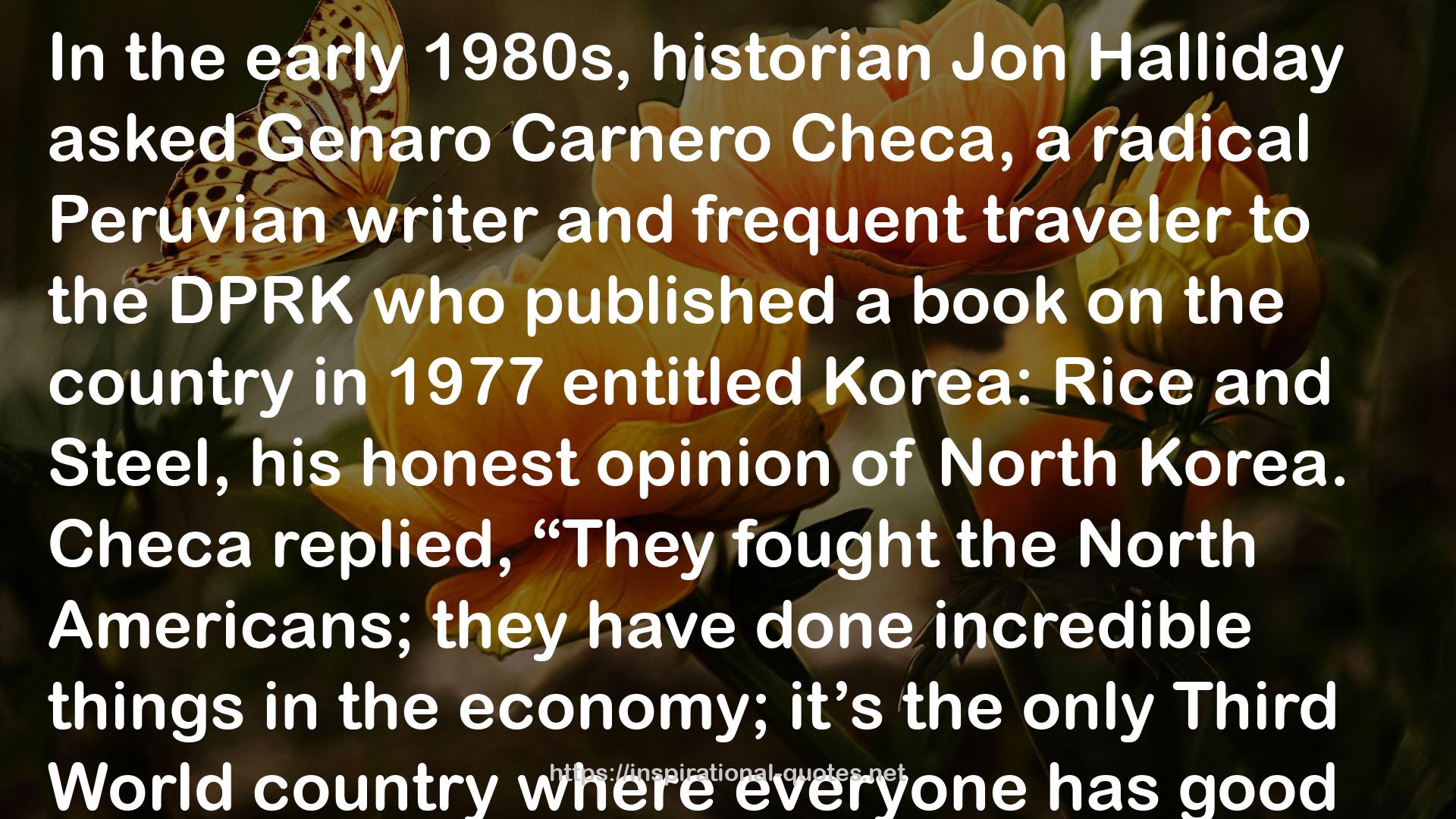Guns, Guerillas, and the Great Leader: North Korea and the Third World QUOTES
SOME WORKS
- As Bright as Heaven
- The Heroine's Bookshelf: Life Lessons, from Jane Austen to Laura Ingalls Wilder
- The Selected Letters of Laura Ingalls Wilder
- The Little Star
- Darkly Dreaming (Warhammer Horror)
- Write a Novel in 3 Days: The Zone Method
- Daddy's
- Fate's Fables (Her Dark Destiny #1)
- Desiree
- Donny Doesn't Live Here Anymore

